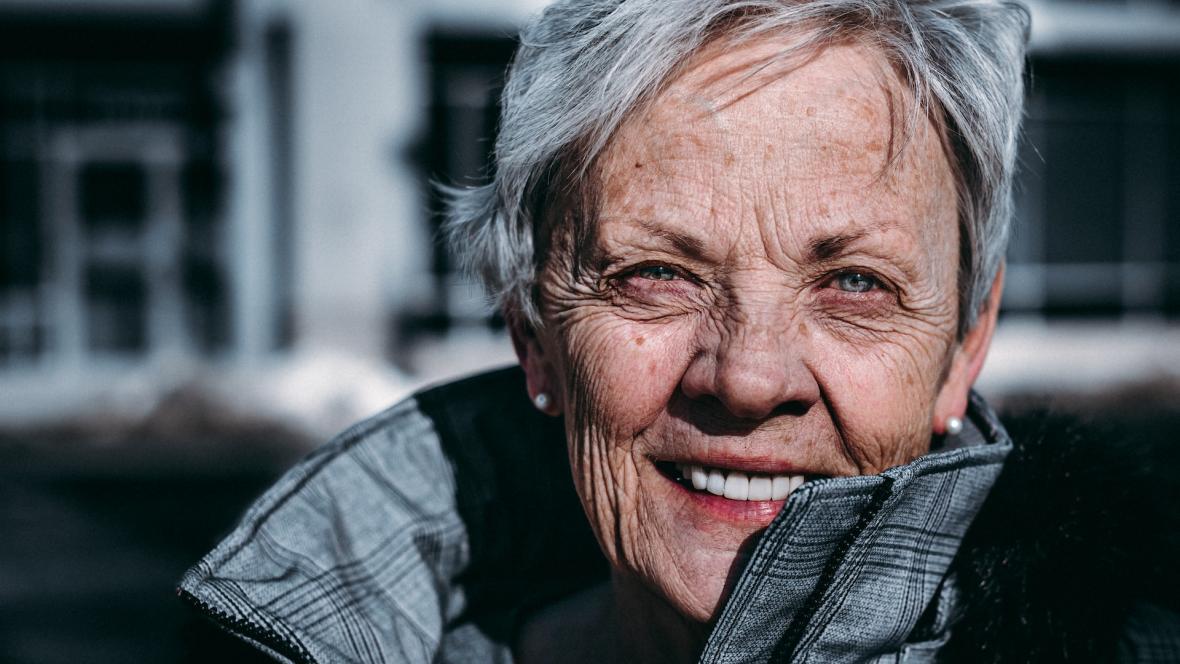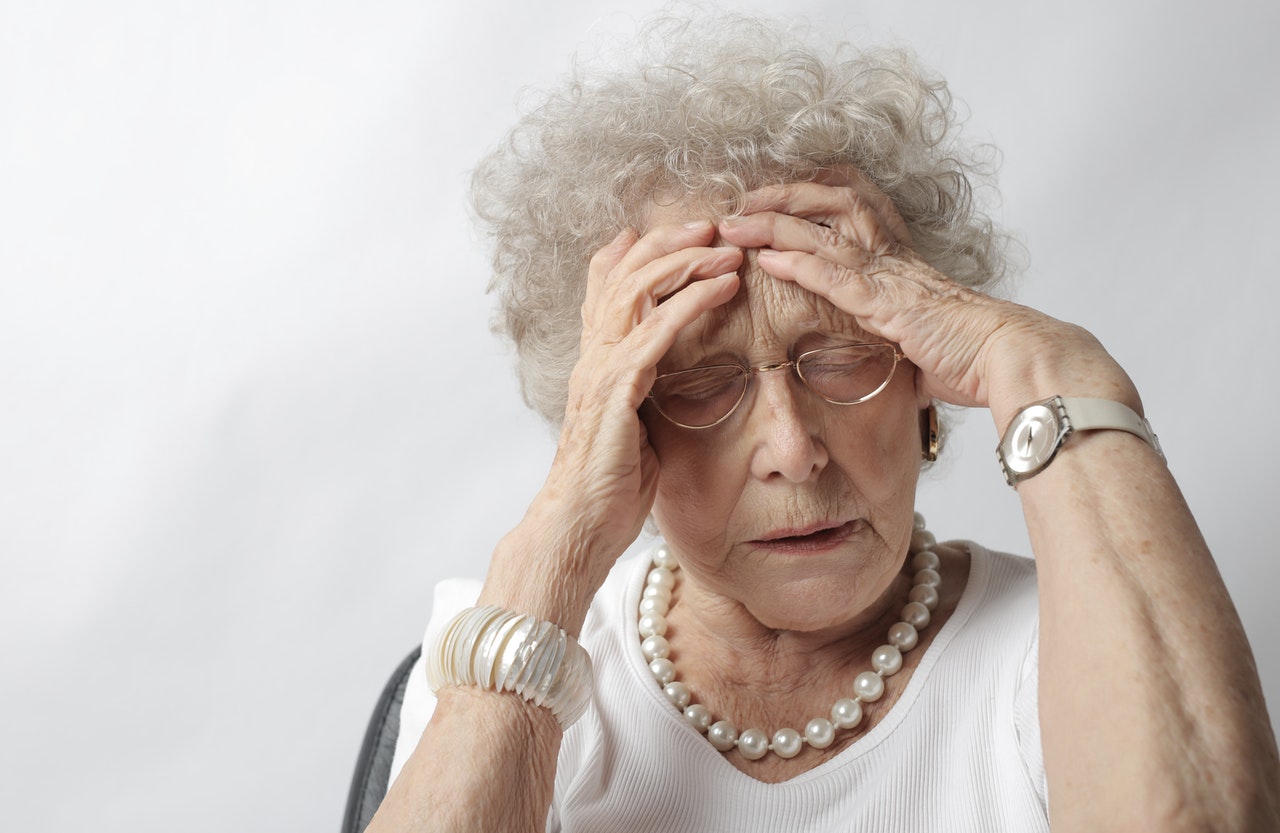What if you were NOT going to die tomorrow? The invisible wealth of years earned against microwave minutes

If we were bold and disruptive enough, we could say that longevity is the new manna, the new oil of our societies. A manna that has not appeared by chance, but has been hard-won, even if we forget it most of the time. Oil not found by accident, but gained through improvements in health, technological and scientific advances, better health, more widespread education than ever before and other benefits brought by the welfare state, such as the net it spreads when we fall so that we don't hit the ground. We can talk today about how costly it is to maintain this safety net and theorise about its demise, but if it weren't for it, we might not be alive to discuss it.
We talk a lot about ageing, but far less about what longevity means. Lately, among the counterparts of what ageing means, the press seems to focus on the low birth rate. And that is partly to be expected. We are, after Malta, the country with the lowest birth rate in the European Union. In Spain, this reduction in the birth rate is also particularly striking because of our past: the synthetic fertility rate has fallen from 2.8 children per woman in 1975 to 1.19 in 2020. This decline and the current low rate (rather the latter) is the subject of numerous reflections (not always carried out in the framework of calm analysis or without political interpretations), although much less thought is given to the distribution of this low birth rate across the territory (since it is not equal by region), to the reasons (without simplifying them) and much less still to the decline in infant mortality, which is, in my opinion, the greatest achievement that our societies can (and should) boast of. Fewer children are born, but more survive. This is not a minor detail.
Graph 1: Under-five mortality rate (deaths per thousand live births). Spain [1975-2021].
Source: author's elaboration(Irene Lebrusán) based on INE data.
Mortality rates have fallen in all age groups, so that the probability of survival at an advanced age is increasing. We survive and... we live. We live longer and in better health. Yes, in better health, despite the fact that it may sometimes seem otherwise; as more people reach older ages, the visibility, impact and presence of age-related diseases is, logically, greater. But yes, life expectancy in health is also increasing.
It seems to me that we talk much less about this gain, forgetting what it means that we have more healthy years ahead of us. We have gained years of life and more people will be able to live longer. We are a very rich society, but we talk more about the potential economic losses involved, again, in the context of different political interpretations and world views.
At the recent conference on the economics of longevity held in Salamanca, one of the experts, Andrew J. Scott, said that we are living longer every day and that life would change enormously if we were aware of what this means. This professor from the London School of Economics pointed out that, if life expectancy increases by two or three years every 10 years, it is as if we had 6 or 8 hours more every day. And if we had 32-hour days, wouldn't we do things differently? I take his words as a starting point to claim another interpretation, with a slight twist; we live killing days, waiting for the weekend, for summer, for Christmas, and it seems that every day that passes is one day less: "Monday is dead; one day less for the weekend". What could we do with a different approach? What would we do if we thought that life is longer than we think? Would we act differently?
A friend was telling me this past weekend (with his broken leg) that life was short; he missed what he couldn't do at the moment because of his physical condition. I told him that yes, that is true, but that sometimes the moments that make it up are very long. That contrast between the eternal and the brief, with Sunday afternoons that seem eternal (let's not talk about Mondays, which seem measured in microwave minutes), with days that seem to turn into years (especially when you are waiting or under uncertainty) and weekends and holidays that pass in the blink of an eye. How is this possible?
This short life made up of eternal instants that has a lot to do, in my opinion, with how we face and see the days, time, life. Our life, the life of others, what we value and what we don't, and the weight that these perceptions have on our vision of the future. If we were aware not of when we are going to die (which seems to be an eternal question) but of how much longer we are going to live, would we make better use of time? I do not mean this in its most negative sense, but just the opposite: if we were aware of the potential we have ahead of us, would we make better use of it? Let me give a very simple example: would this idea of "I'm too old to start doing "x" change? If we knew at 50 that we had, for example, another 40 years to live in good conditions, would we do the master's degree we couldn't do when we were 30? Would we travel in search of northern lights if we knew we were going to live longer? I will try to go deeper into this idea, because it seems somewhat contradictory. It seems that knowing that we are going to die (which yes, we will, we will die, but not because we are old, but because we are mortal) is a kind of conscience "whipping". We seem to assume that knowing that our death is near will better prepare us for the life we have left to live. This is conveyed to us by various cautionary tales and "motivational" YouTube videos that tell us how a man on his deathbed regretted very much that he had not done a number of things, in the style of the ghost of Christmas past. We apply this same framework of understanding reality to other areas: "if I had known that... I would have done...". However, the truth is that uncertainty about death leads us to postpone making decisions and even (especially, in fact) the enjoyment of life because "all in all, what we have left". I have the feeling that we lament how short life is from our living room sofa, mentally complaining about all the things we could do. But we keep sitting in an uncomfortable position, we don't change the TV, even if we don't like the presenter, and we put off getting up to get water, even if we are thirsty, because "we are lazy". Would this vision and way of acting change if we knew that we were going to live longer, if we knew that we had more years ahead of us to take advantage of? What would we do differently if we knew that the return for a decision taken would be positive for more years?
The increase in life expectancy is not only for newborns, but especially for those who reach the age of 65. This is why we speak (and will speak more) of the longevity transition. Let us take the Iberian example: for those who have already reached the age of 65 in Spain, it is estimated that they still have an average of 21.4 years to live (19.1 for men and 23.5 for women), while the Portuguese elderly expect to live almost another 20 years (19.9; 17.8 for men and 21.7 for women). How many things could they do in those years?
Graph 2: Evolution (in years) of life expectancy at age 65. Spain and Portugal [1975-2021].
Source: author's elaboration (Irene Lebrusán) based on Eurostat data.
The question, from my point of view, is not to ask ourselves (not exclusively) how the Welfare State is going to finance those years, how pensions or health care are going to be paid for... Perhaps these questions are clouding other, more personal questions, which are actually more important: Have we asked ourselves what we are going to do with those extra years? How are we going to take advantage of the great potential wealth that comes with living longer?
That is up to us alone.


